1. The First Earth Day

On April 22, 1970, the world celebrated the very first Earth Day, marking a moment when environmental awareness truly entered the mainstream. It was a time when pollution and industrial waste were at an all-time high, and communities started pushing back. People poured into the streets, parks, and campuses to rally for change, setting the foundation for the environmental movement. It was the start of a new awareness that shaped the way people viewed the planet—and it all began in the ‘70s.
2. The Opening of Disney World
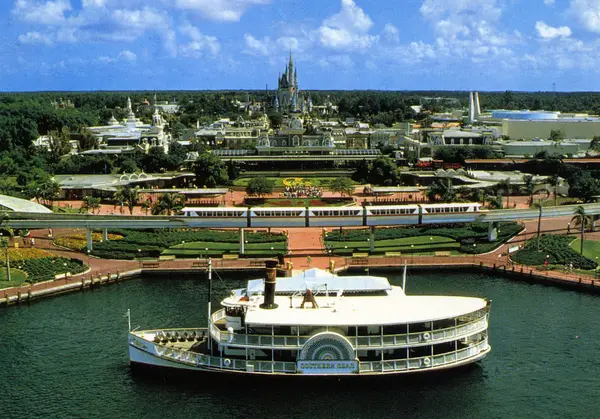
When Disney World opened its doors in Orlando, Florida, in 1971, it was nothing short of a dream come true. Families could now visit the Magic Kingdom without having to trek across the country to Disneyland. This wasn’t just about rides; it was about an immersive, magical experience that influenced travel, vacations, and family memories for generations. Disney World’s arrival in Florida changed the landscape of family entertainment and the idea of the American family road trip.
3. Pong’s Arrival in Living Rooms
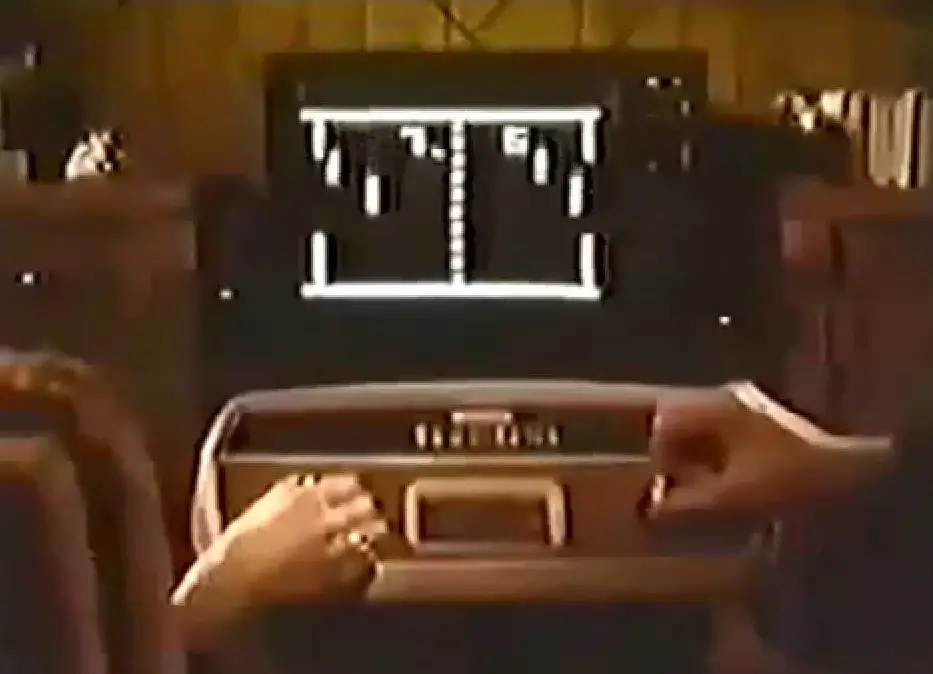
The ‘70s marked the birth of home video games, with “Pong” paving the way. This simple electronic ping-pong game became an obsession and changed entertainment forever. Suddenly, people weren’t just watching TV—they were interacting with it. Pong was the humble start of what would become a multi-billion dollar industry, reshaping how we spend our free time.
4. The Gas Crisis
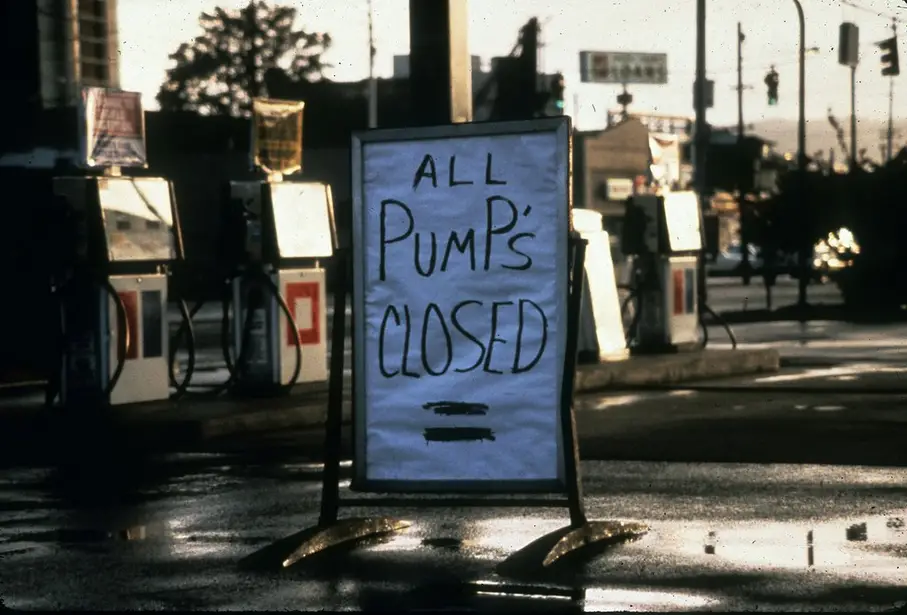
The 1973 oil embargo shocked the U.S., leading to a gas crisis that shaped daily life. With long lines at gas stations, rationing, and sometimes only being able to fill up on certain days, Americans saw firsthand how dependent the country was on foreign oil. This event wasn’t just an inconvenience—it spurred a movement toward energy conservation, smaller cars, and a reevaluation of U.S. foreign policy.
5. Rise of Disco Fever
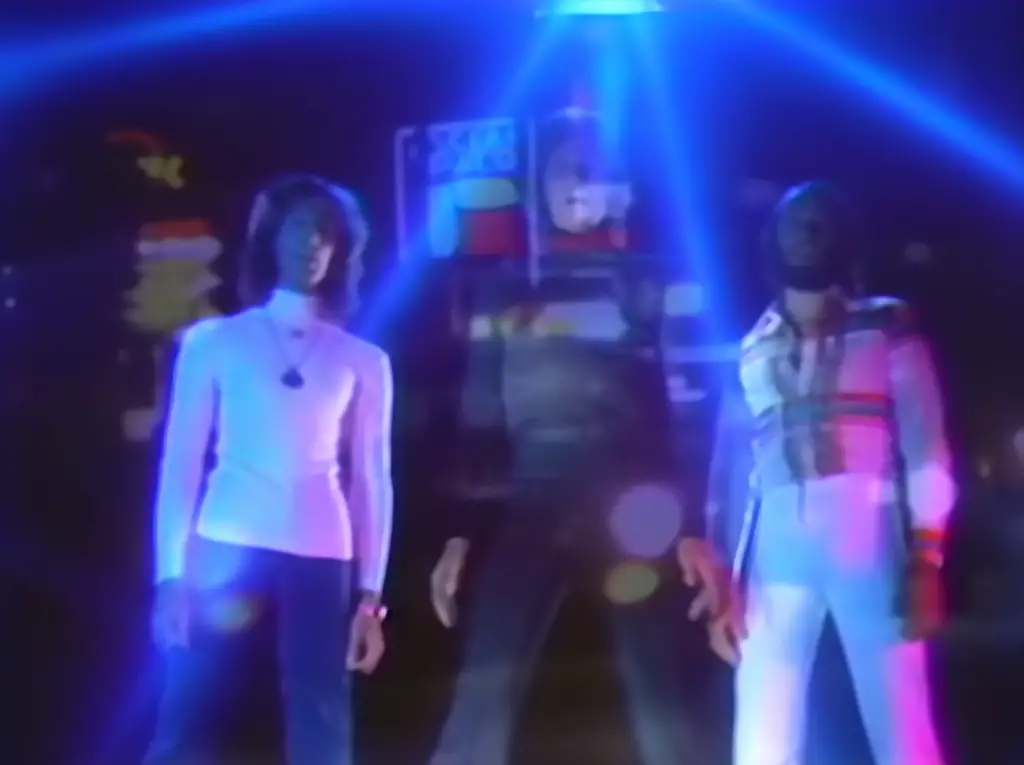
Who could forget the glittering era of disco? In the mid-‘70s, dance clubs became all the rage, and disco music dominated the airwaves. From “Stayin’ Alive” to “Le Freak,” disco wasn’t just music; it was a lifestyle. People lived for weekend nights spent at clubs, dressed to the nines in bell bottoms and sequins. It was a cultural phenomenon that united people on the dance floor and kept the ‘70s grooving.
6. Watergate Scandal
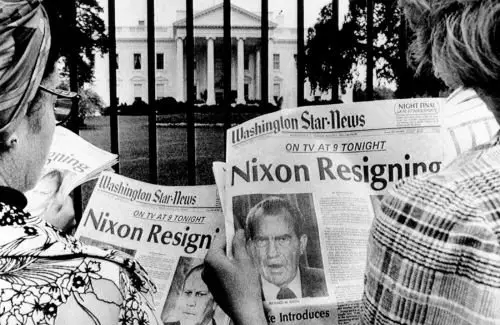
The Watergate scandal rocked America, leading to President Nixon’s resignation in 1974. For many, it marked a turning point in their trust in government. Televised hearings gave people an up-close look at political scandal, something that hadn’t been seen before. Watergate introduced the “-gate” suffix and reminded people that even leaders could be held accountable, setting a new tone of skepticism in politics.
7. The Summer of Sam
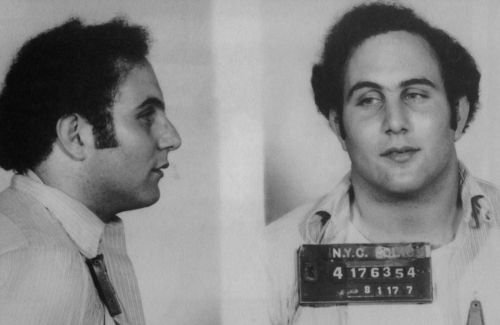
In 1977, New York City was gripped by fear due to the infamous “Son of Sam” serial killer. For a year, residents lived in anxiety, unsure where he might strike next. The summer of 1977 was marked by dread as the killer taunted police with cryptic letters. When he was finally captured, there was relief—but it left a dark mark on the era, reminding people of the vulnerability of urban life.
8. Introduction of the Rubik’s Cube

Hungarian architect Ernő Rubik created a puzzling cube in 1974, and by the end of the decade, the Rubik’s Cube was everywhere. It became an instant sensation, challenging everyone’s patience and problem-solving skills. Kids, teens, and adults alike were hooked, and it’s still a global icon today. Solving it was a badge of honor, a brain-teaser that brought frustration and triumph in equal measure.
9. Battle of the Sexes

In 1973, tennis icons Billie Jean King and Bobby Riggs faced off in the “Battle of the Sexes.” King’s victory over Riggs was a landmark moment for women’s rights, showing that women could compete alongside men and win. The match wasn’t just about tennis; it was a pivotal moment in the fight for gender equality, sparking conversations that echoed beyond the court.
10. Elvis Presley’s Death
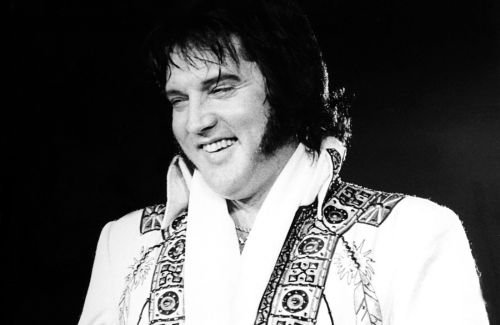
In 1977, the King of Rock ‘n’ Roll left us, sending a wave of mourning across the globe. Elvis’s death at Graceland marked the end of an era for music, especially for those who’d grown up with him as their idol. People remember where they were when they heard the news, and it left an unmistakable void in the world of music and pop culture.
11. The Bicentennial Celebration
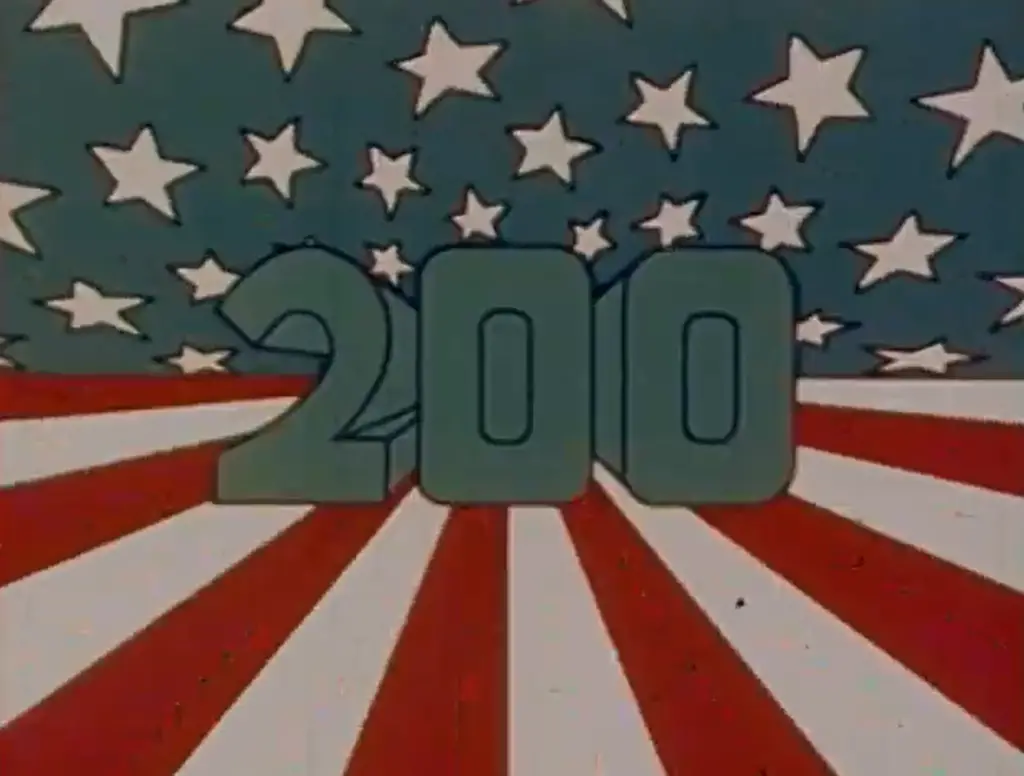
1976 marked the 200th anniversary of America’s independence, and the entire country celebrated with parades, fireworks, and events. The Bicentennial was a patriotic moment that brought people together to reflect on history and look toward the future. From red, white, and blue decorations to special commemorative coins, the country was in full celebration mode.
12. The Blizzard of ‘78
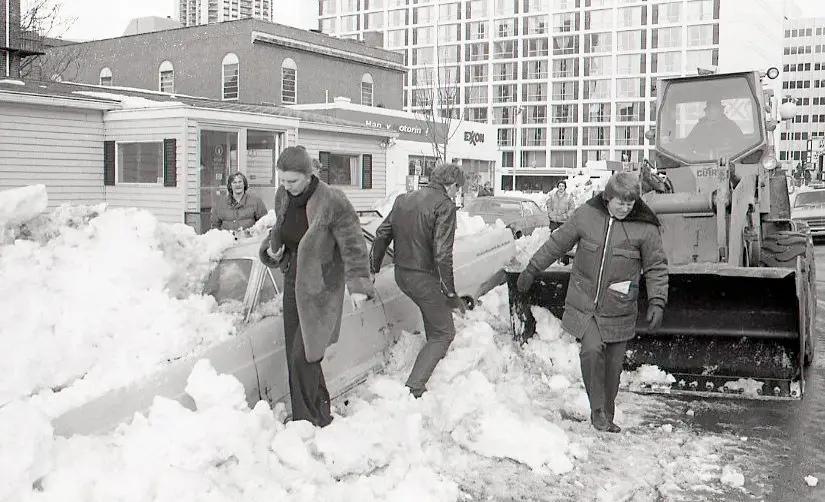
For those who lived through it, the Blizzard of ’78 was unforgettable. Dumping several feet of snow, it shut down cities in the Northeast and left people stranded in their homes for days. Neighborhoods came together, helping each other dig out, share food, and pass the time. The Blizzard of ’78 wasn’t just a storm; it became a moment of shared survival and community spirit.
13. Launch of Saturday Night Live
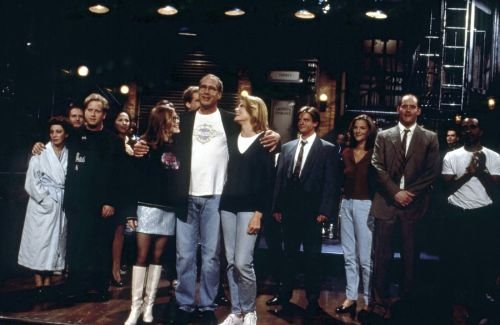
“Saturday Night Live” hit the air in 1975, bringing live sketch comedy into homes across America. With legendary comedians like John Belushi, Gilda Radner, and Chevy Chase, SNL captured the counterculture spirit of the ‘70s and became a launchpad for some of the biggest names in comedy. It was a groundbreaking format that continues to influence TV to this day.
14. The Release of “Star Wars”
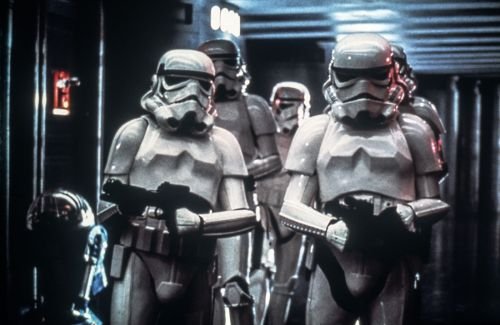
In 1977, George Lucas introduced the world to a galaxy far, far away, and cinema was never the same. “Star Wars” wasn’t just a movie; it was a cultural revolution that redefined science fiction, merchandise, and fandom. Lines wrapped around theaters, and the film captured the imagination of a generation, giving birth to one of the most enduring franchises in entertainment.
15. Patty Hearst Kidnapping
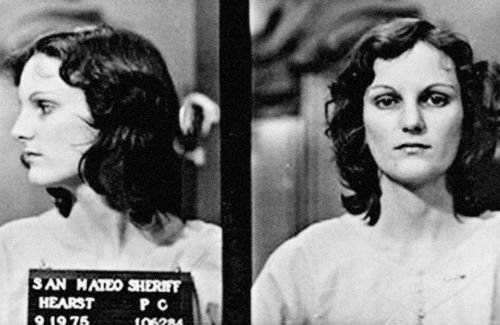
In 1974, Patty Hearst, granddaughter of publishing tycoon William Randolph Hearst, was kidnapped by the Symbionese Liberation Army. The saga was stranger than fiction, with Hearst ultimately joining her captors in a series of crimes. Her story captivated the country, raising questions about brainwashing and the powerful influence of radical movements in the ‘70s.
16. The Kent State Shootings
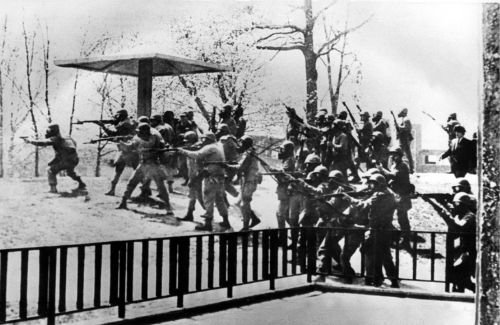
In 1970, students protesting the Vietnam War at Kent State University were met with gunfire from the National Guard. Four students were killed, an event that shocked the nation and intensified anti-war sentiments. The tragedy highlighted the deep divides in America and became a symbol of the power struggle between authority and youthful dissent.
17. Apollo 13’s Harrowing Mission
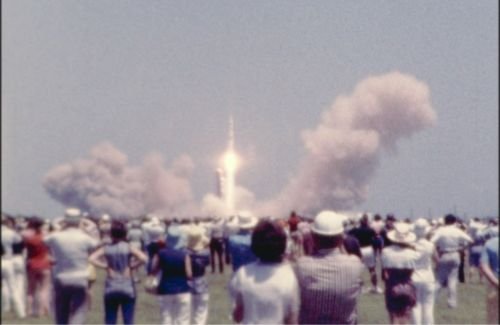
The Apollo 13 mission in 1970 was intended to be a routine trip to the moon, but when an oxygen tank exploded, it became a life-or-death situation. The world held its breath as NASA worked to bring the crew home safely. It was a heroic moment that reminded everyone of the bravery of astronauts and the ingenuity required to survive in space.
The ‘70s were a remarkable decade of change, rebellion, and resilience. These moments—some joyful, some heartbreaking—shaped the world and left an unforgettable mark on anyone who lived through them. Whether it was a historic event or a quirky trend, the experiences of the ‘70s continue to echo today, giving us plenty to reminisce about. These moments were milestones, each one a chapter in a decade that was anything but ordinary.


